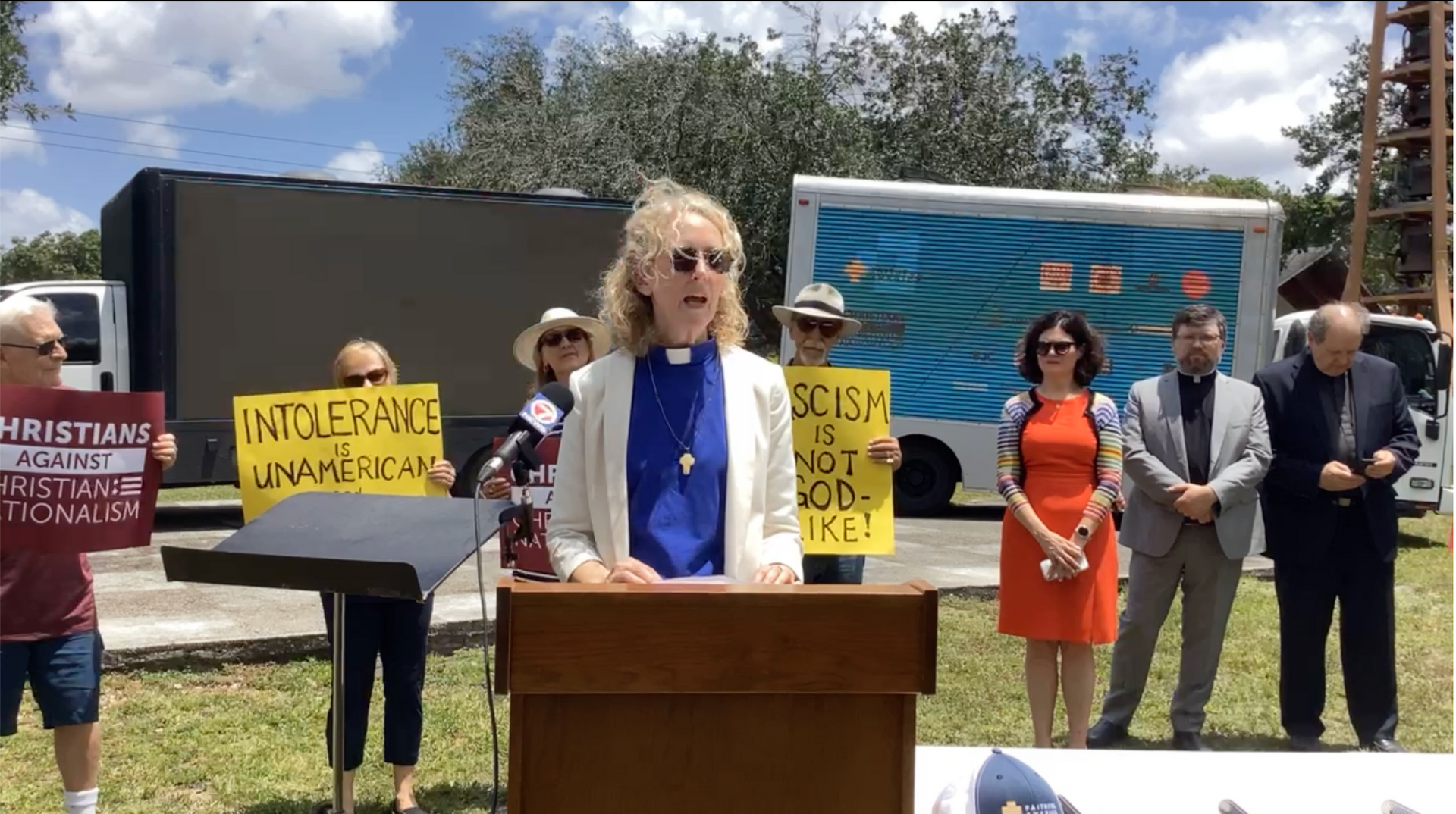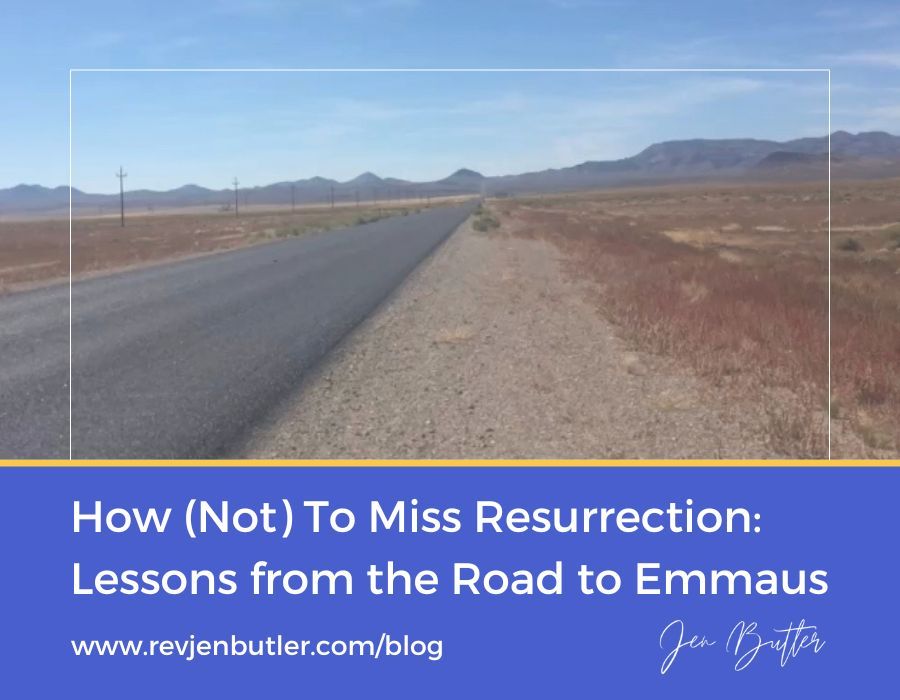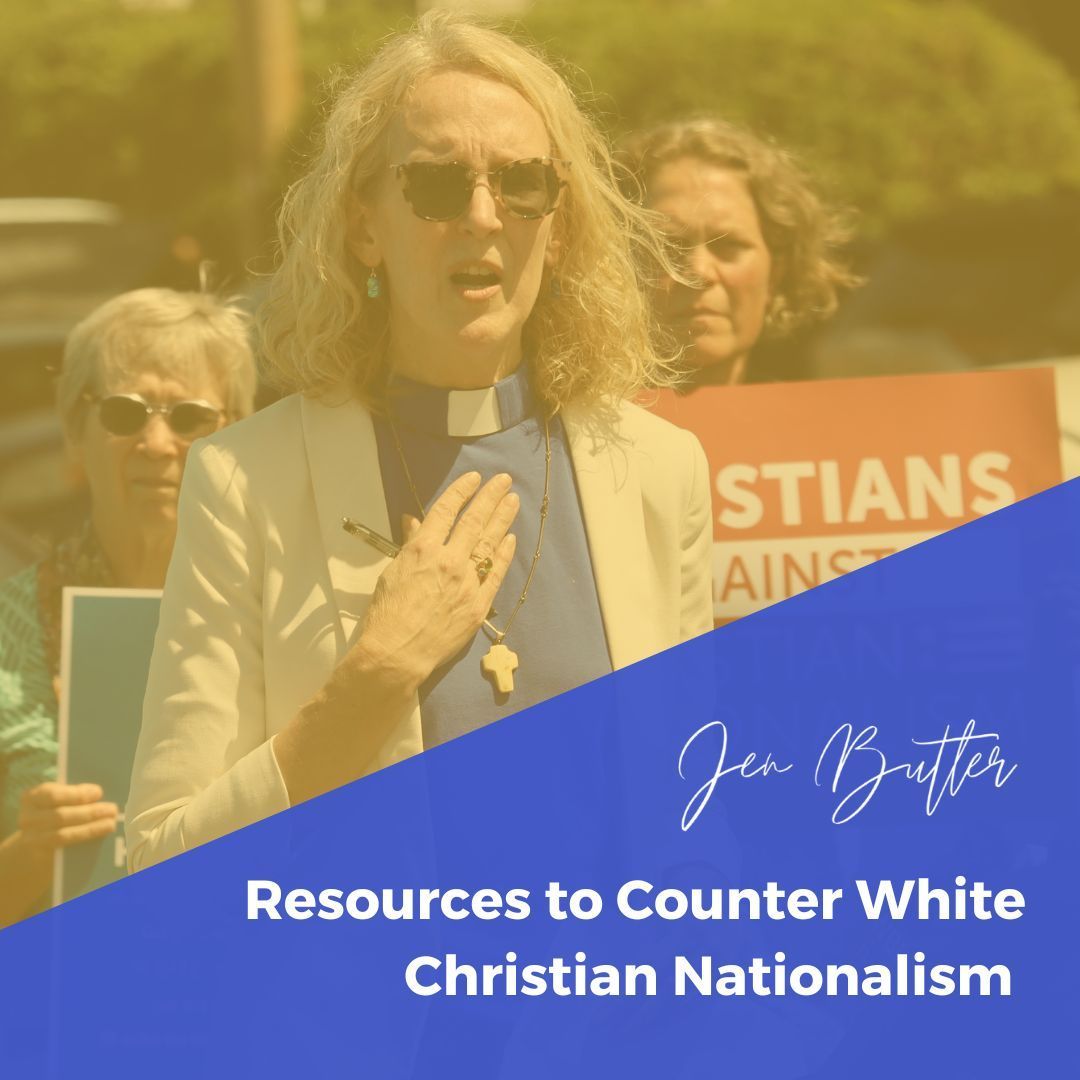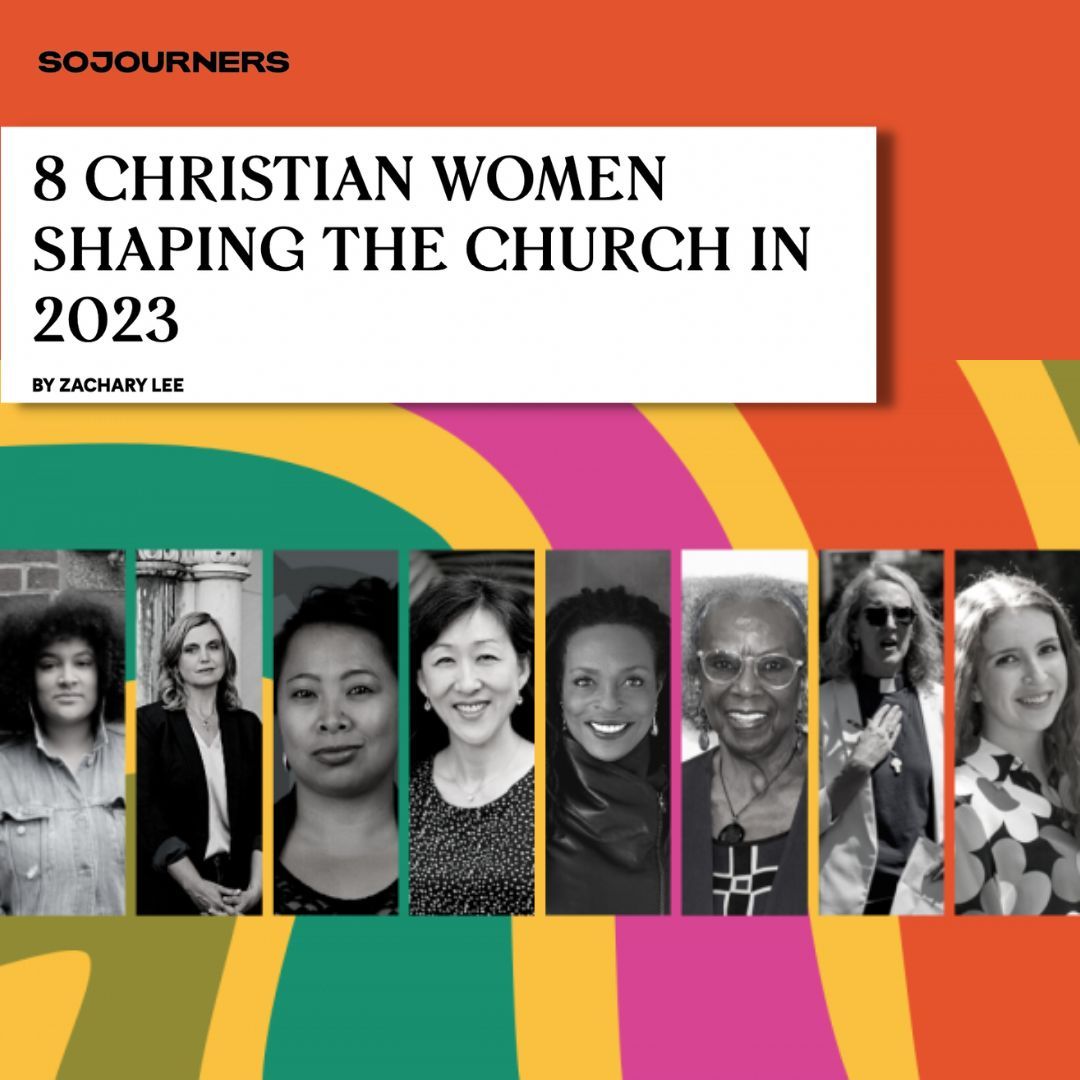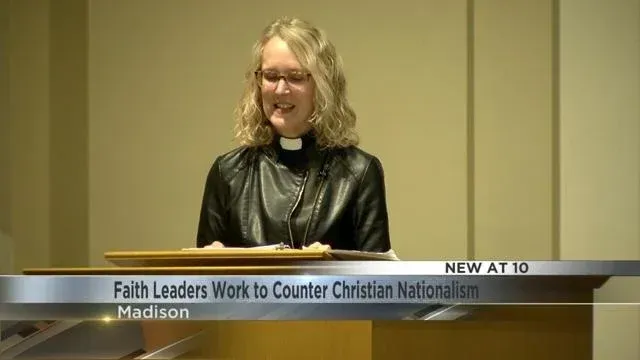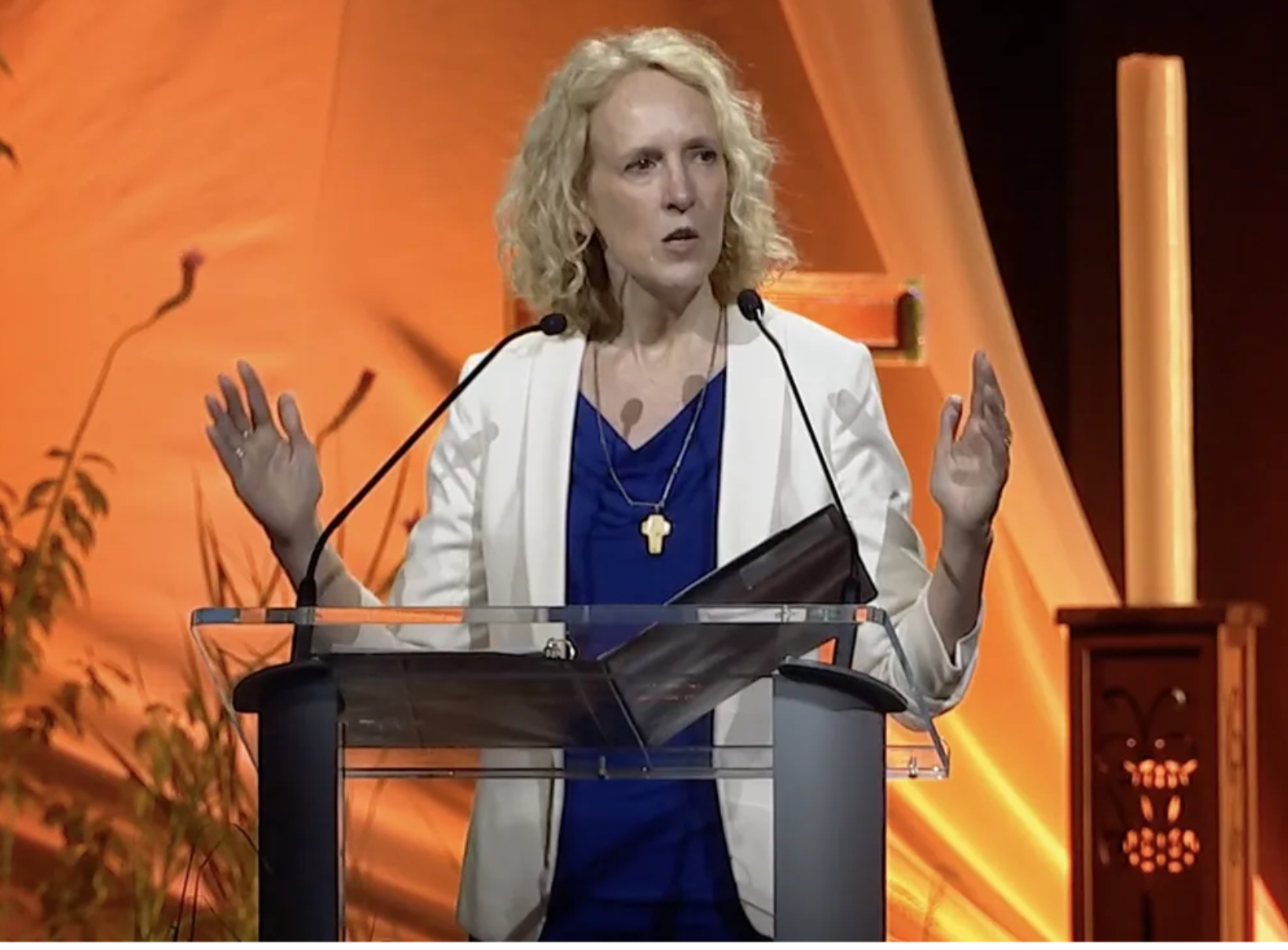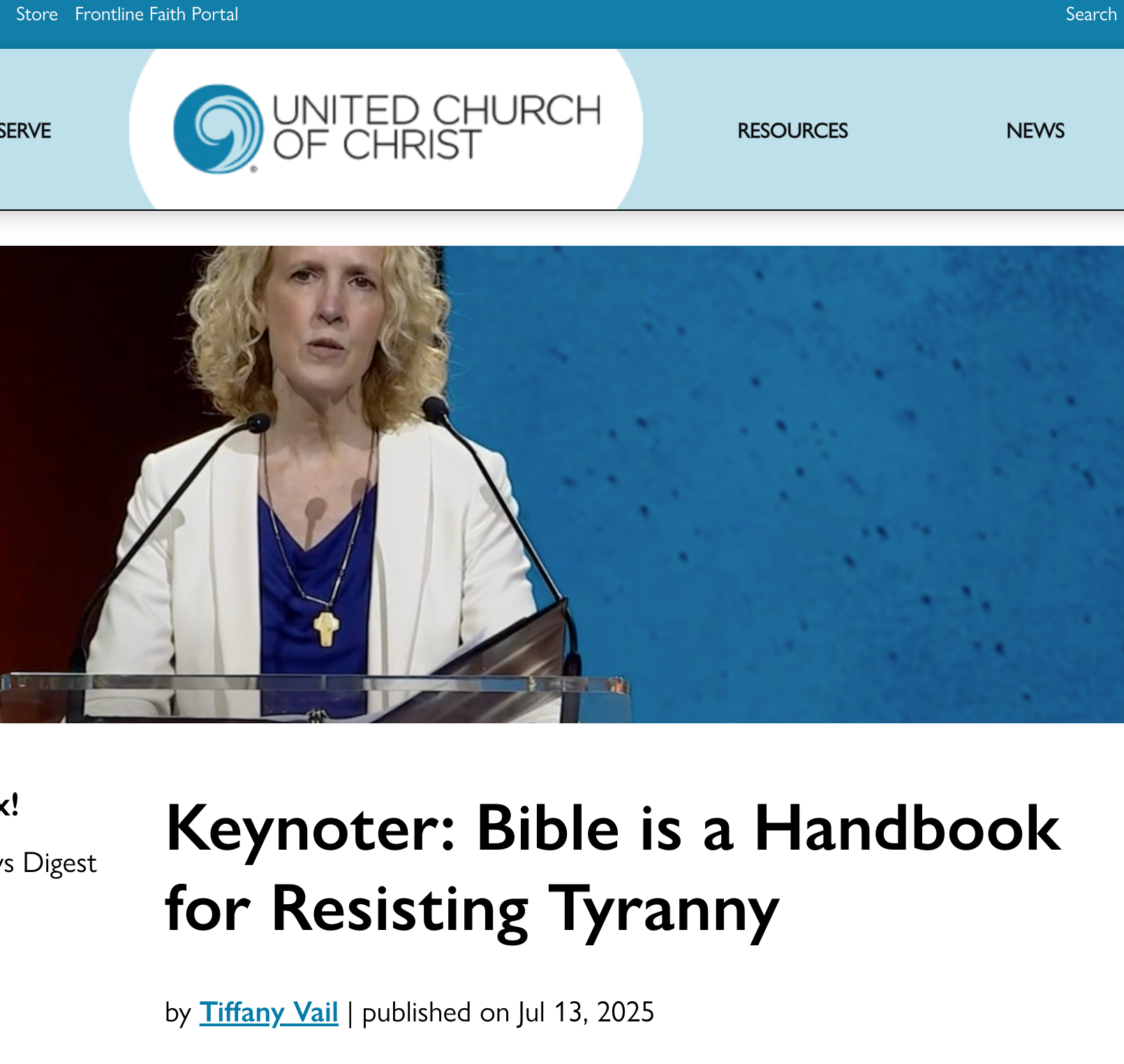Magdalene's Unfailing Hope
A few weeks ago, I had the absolute privilege of leaving the country. I was in Oxford, England with a group of religious leaders tackling white Christian nationalism. Despite the heavy topic, I felt a lift. Getting the heck out of dodge, out of the muck of ongoing culture wars and the barrage of misinformation spewing from a former president, made me feel like I could breathe again.
I wandered the historic town of Oxford during breaks. On one of these breaks, I wandered alone into a 12th century church that sat perilously between two busy avenues on a small triangle beckoning like an oasis. It was the St. Mary Magdalen Church. I’d never seen a single church named for this early church woman leader and stood in awe.
The sign in the entryway was extensive. It read:
St. Mary Magdalen is known as the Apostle to the Apostles because she was chosen to witness and spread the news of Jesus’ resurrection. She is one of the very few followers of Jesus who stayed with him at his death and then went to his tomb early on Easter morning to anoint his body.
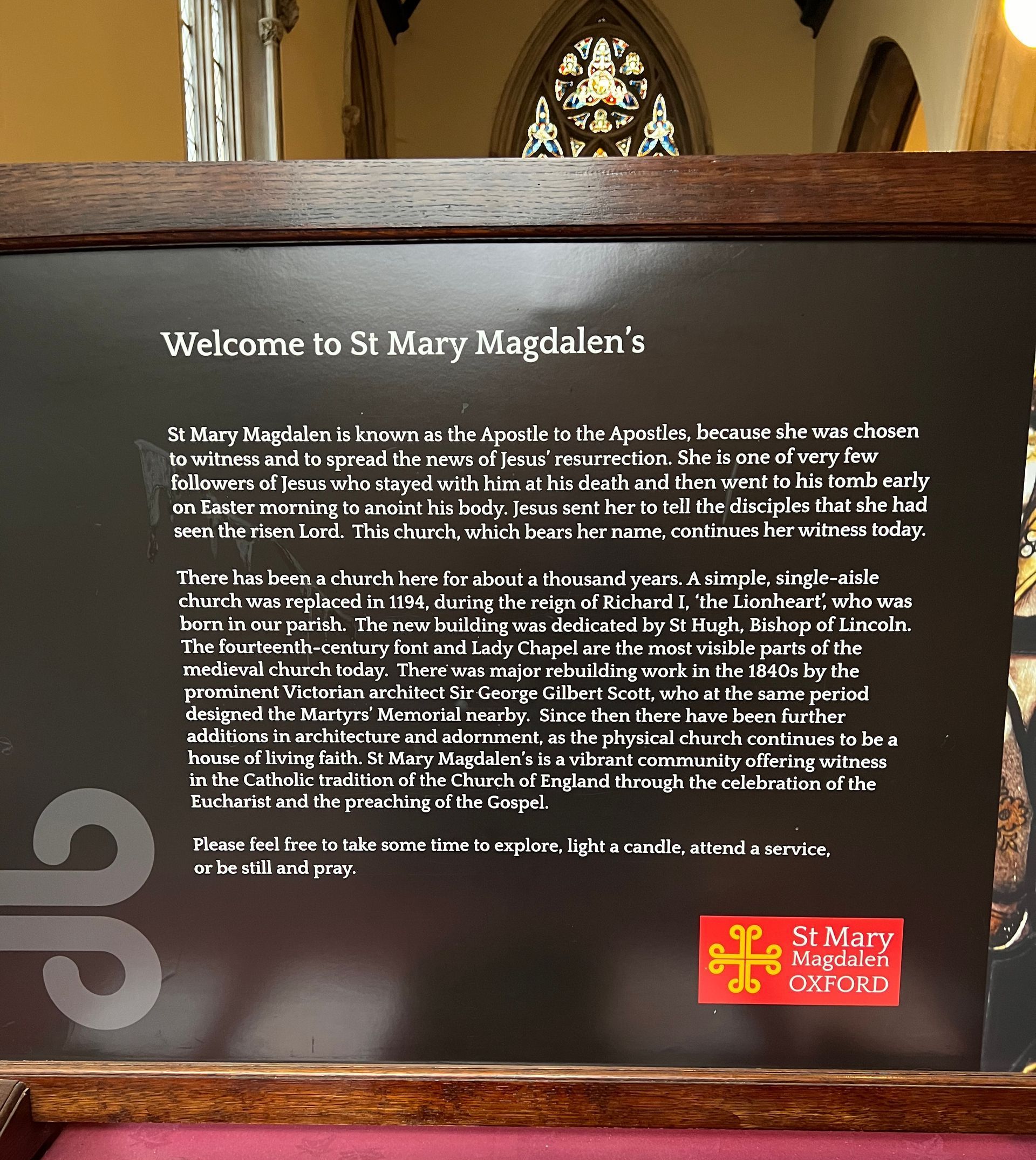
I sat in the church in front of an amber colored statue of Mary Magdalene carved by a Catholic Sister. She carries a jar for Jesus’ anointing. Her face is calm and resolute. Her form, immovable. She’s come to stare death in the face while others hide in the upper room. Others stop; she keeps moving forward. She did not abandon the mission when the going got tough. She may have doubted, she most certainly was afraid, but she did not turn or hide or walk away. Because of that, she was witness to the resurrection.
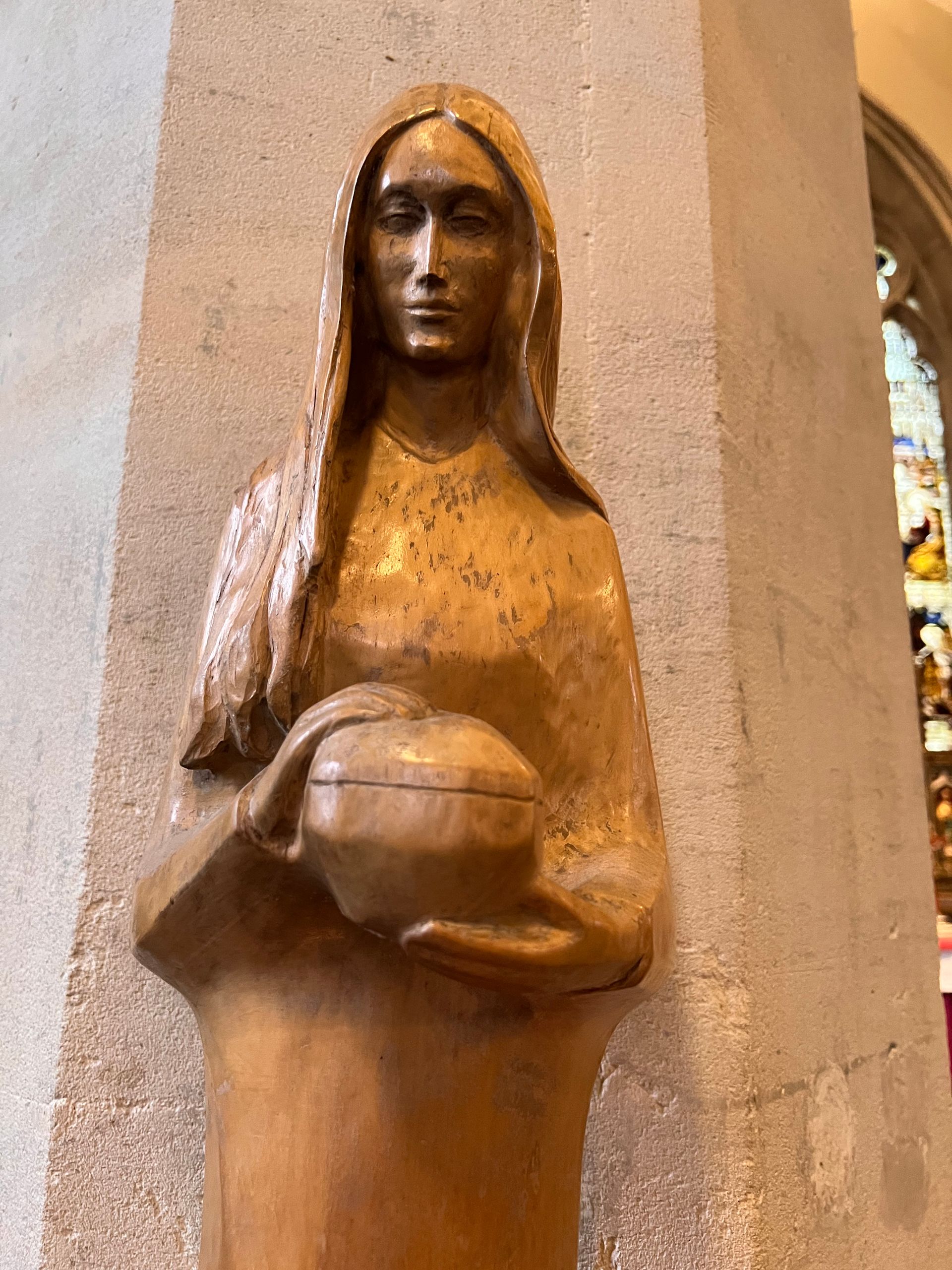
The image that came to mind as I meditated there was water. Water knows no barriers. It doesn’t hesitate at a boulder in a stream--just flows right over, heedless of the obstacle. Its focus is on moving forward.
How easy it is to focus on the obstacles and obsess. There are many at the moment. Hate crimes and school shootings are on the rise. Human-made climate change threatens our very existence and yet many choose denial. Religious nationalism is undermining democracies around the globe, including our own. Women are being stripped of abortion access and LGBTQ people are again threatened by discriminatory laws.
But if I make myself like water, I can flow and see where I go. I’m not even focused on chipping away at the boulder. Just flowing, doing what I am called to do in the moment. God is in charge of my ultimate destination.
I am confident in the vision Jesus gave us, that of human flourishing and dignity for all. I don’t know where that will take me. I don’t know if I will see it in my lifetime. Things may get worse before they get better. Can I confront death and destruction the way Mary did? If so, maybe I, too, will see resurrection. I certainly do in small ways as I join in solidarity with others to enact this vision and show it to legislators and fellow citizens through word, protest and action.
Last week, a small victory took my breath away.
Wisconsin elected a progressive state supreme court justice, turning it into a progressive majority rather than hard-right court. This one election will have a far-reaching impact on ensuring that people in Wisconsin have what they need to thrive. Access to the ballot box will be protected, and the will of the people will triumph in elections. Reproductive health care, including access to abortion, will be protected. Rigged maps that have unfairly and intentionally concentrated power in the hands of a few could be redrawn, so that people can choose their own representatives.
That victory happened because people turned out in record numbers to vote in the kind of election we used to not pay attention to. They chose faith over fear; hope over despair. Like Magdalene rushing to the tomb, they see a possible resurrection. Like water over a boulder, they are on their way.
Hope, many have rightly said, is not a feeling that things will be ok. It’s a commitment to make it so. May God give us the resoluteness of Mary Magdalene in this year ahead. May you learn to flow like water, undistracted by boulders, and may justice roll down as waters and righteousness as a mighty stream (Amos 5:24).
